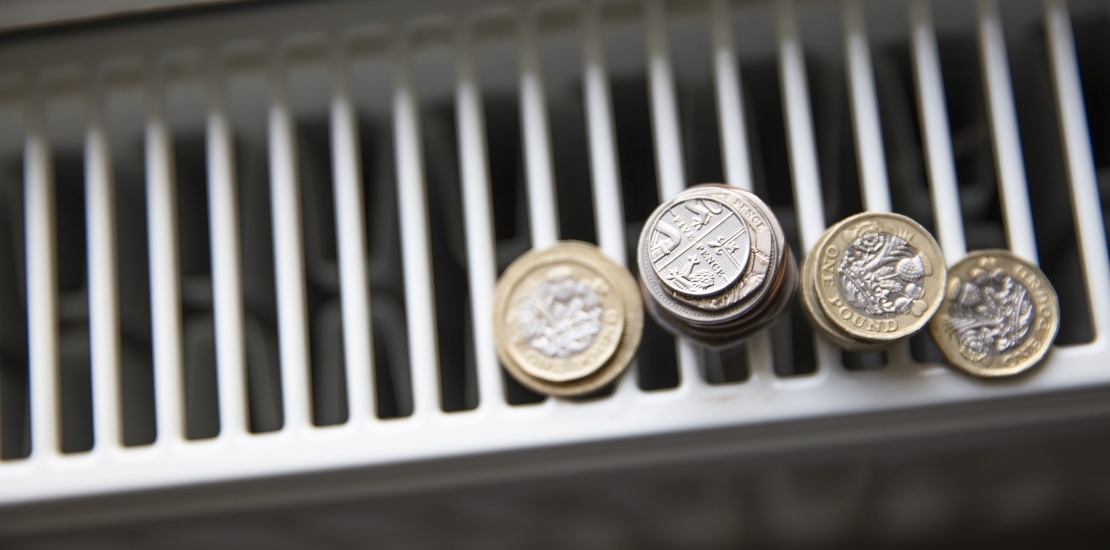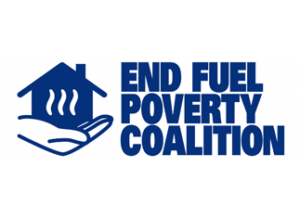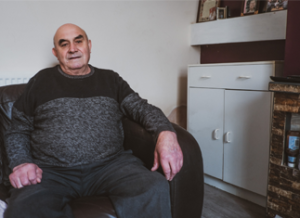- Today (Friday 23 February), the GB energy regulator Ofgem has announced the new level of the energy price cap, for 1 April to 30 June.
- A typical dual-fuel annual energy bill will be £1,690. Energy bills falling is welcome news, but they will remain 49% higher than pre-energy crisis levels.
- Fuel poverty charity National Energy Action’s figures show this will leave 6 million UK households in fuel poverty from April. It was 4.5 million in October 2021.
- Ofgem also announced a levelisation in costs, which will result in prepayment becoming the cheapest way of paying for energy, something National Energy Action has been calling for.
Today (Friday 23 February), the UK energy regulator Ofgem announced the level of the energy price cap, for 1 April to 30 June. A typical dual-fuel annual energy bill will be £1,690, a drop of 12%. National Energy Action (NEA) welcomes the fall, but warns that Ofgem’s price cap will not stop 6 million UK households from being trapped in fuel poverty.
The announcement means that a typical annual dual-fuel energy bill will still be over £400 year more than it was in October 2021 – the beginning of the energy crisis – when 4.5 million households were in fuel poverty.
This comes just days after government fuel poverty statistics show that fuel poor households in England are falling into deeper fuel poverty, now paying on average £417 per year more for energy than if they were living in a more efficient home.
Chief Executive of National Energy Action (NEA), Adam Scorer, says:
“This is, of course, good news – any fall in energy bills is welcome. However, the drop coming in April still leaves bills significantly higher than they were before the energy crisis began. For two and a half years, household budgets have been stretched beyond breaking point by high energy bills.
“Households in fuel poverty, on negative budgets and in impossible debt will see no chink of light this morning. The cost gap between where they are right now and escaping fuel poverty is getting wider. Whatever relief might be felt by this news, years of punishingly high energy bills will continue to take a heavy toll.
“Stubbornly high prices are here for the foreseeable future – the government cannot simply ignore this as the new normal. We need a social tariff to provide permanent, deep protection for low-income households, we need action on debt to bring households out of this spiral, and we need long-term, significant investment in energy efficiency to make sure households are resilient against energy crises.”
Lynn Wells, a client assisted by National Energy Action, says:
“Of course, bills falling will make a difference, but it will still be too much for me to cope with. I do everything I can to keep my bills down. I’ve got an egg timer in my shower to keep them short. I’ve got foil behind radiators, sealants on the doors, I don’t have my heating on – my home stays around 12-15°C. Coming home to a cold home, with my osteoporosis, is really hard.
“I’ve been to food banks – I’ve seen carers and even police community support officers queuing up to get food for their families. The government should be providing more support for people’s energy bills.”
Ofgem to end the prepayment premium
The energy regulator Ofgem also announced it is going to permanently reduce prepayment meter standing charges to make sure they never exceed the standing charges paid by direct debit customers.
National Energy Action welcomes this development because prepayment meter households are more likely to be in fuel poverty.
By December 2023, total energy debt had reached £2.9bn, a record amount owed to suppliers by households. Bad debt is a growing issue for suppliers. To help them recover the costs of bad debt, Ofgem has added announced that £28 will be added onto annual energy bills for 12 months, included in the level of the price cap.
If this goes online, please link to https://www.nea.org.uk/get-help/. If you write about this on Twitter or Threads please include @NEA_UKCharity.
ENDS
Notes to editors
- National Energy Action (NEA), is the national fuel poverty charity, working across England, Wales and Northern Ireland, to improve the lives of people in fuel poverty. We directly support people with energy and income maximisation advice, and we advocate on issues such as the current energy crisis and the need to improve the energy efficiency of our homes. See: https://www.nea.org.uk/.
- The definition of fuel poverty that National Energy Action uses is that a household is in fuel poverty if it needs to spend 10% or more of its income on energy in order to maintain a satisfactory heating regime.
- The government uses the Low Income Low Energy Efficiency (LILEE) definition for fuel poverty in England (Scotland, Wales and Northern Ireland use different definitions). Under the LILEE indicator, a household is considered to be fuel poor if:
- they are living in a property with a fuel poverty energy efficiency rating of band D or below
- and when they spend the required amount to heat their home, they are left with a residual income below the official poverty line
- The UK government measures the depth of fuel poverty through the ‘fuel poverty gap’, the reduction in fuel bill that a fuel poor household needs to not be classed as fuel poor. The average fuel poverty gap is now greater (£417) than any point since the UK Government began measuring it.
- Ofgem’s price cap announcement comes after National Energy Action’s polling with YouGov, of 2,016 adults in Great Britain, shows that three in 10 (30%) say their household has found it difficult to afford to pay their energy bills in the past three months. This has driven many to drastic ‘not’ coping strategies. In the last three months: 59% of British adults had turned their thermostat down lower than they wanted, while 52% turned their heating off, even though it was cold inside the house. Others had gone to bed early to stay warm (49%) and only heated one room in the house (45%), while a quarter (28%) had left the curtains closed all day or covered the windows in newspaper, and 22% had left the house to avoid putting the heating on. What’s more, 6% had even foraged locally for wood or other fuel.
















